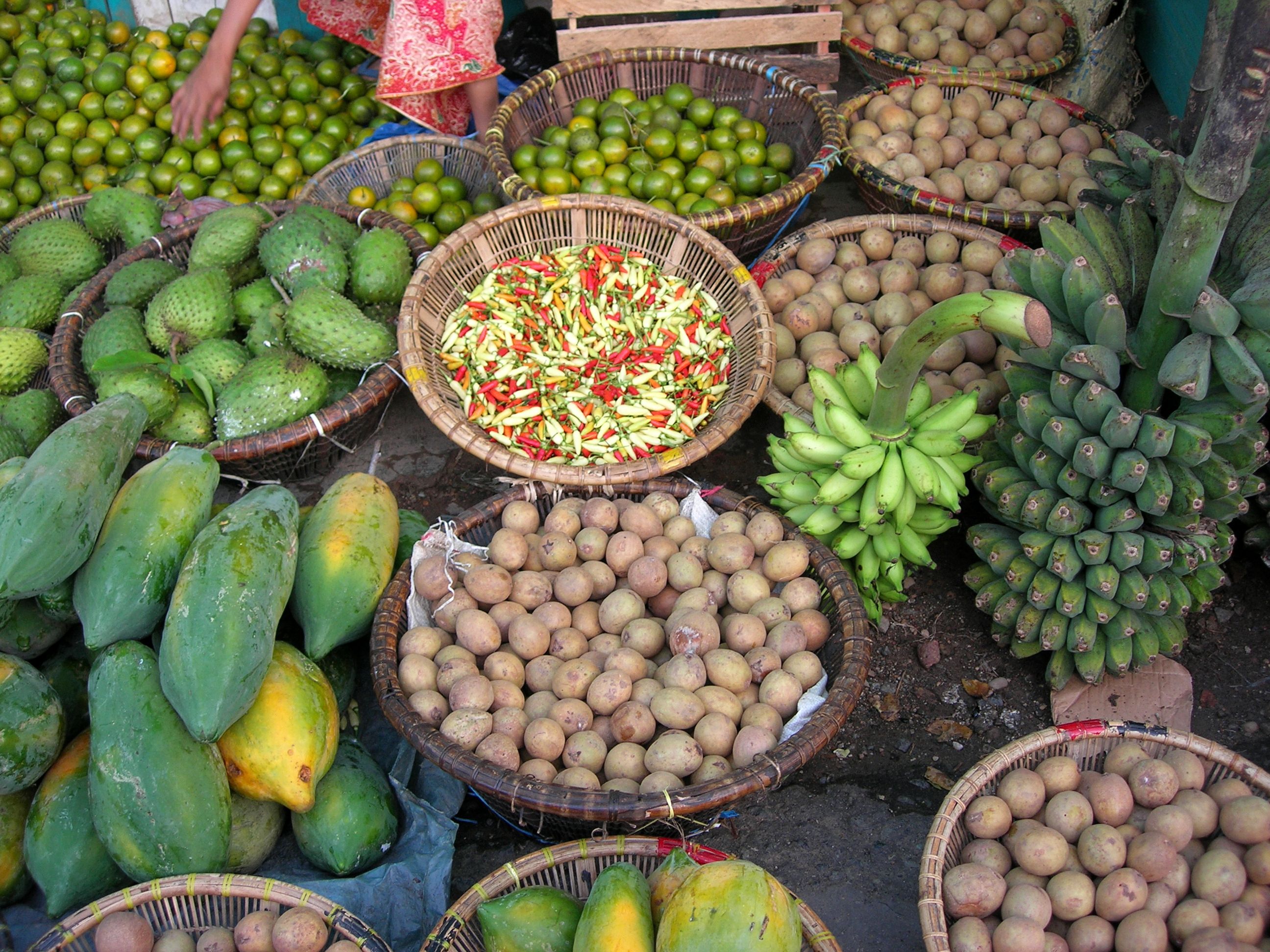Agriculture remains an important sector to Kenya’s development and key to creating equitable and sustainable growth. In addition to contributing to economic growth, agriculture creates jobs for rural communities and is essential to satisfying the food and nutritional needs for all. The importance of the sector is underscored in the Vision 2030 and the President’s Big Four priority agenda for 2017-2022, which emphasizes the importance of 100 per cent food and nutrition security for all Kenyans. Realizing food and nutrition security is critical to development as the nation’s future depends on a healthy population.
According to the Kenya Demographic Health Survey (KDHS) 2014, malnutrition remains high with 26 per cent of children under 5 years stunted and 4 per cent are wasted while over nutrition is also high with 32.8 per cent of adults being overweight or obese. Inadequate food intake with micronutrients and repeated infectious diseases are the immediate causes of malnutrition. Kenya faces the challenges of tackling under-nutrition and the increasing over-nutrition rates. Some of the contributors to malnutrition are high food prices and inadequate production and consumption of diverse foods while overweight situations might be attributed to poor feeding systems with too much fat, sugar and salt in processed food leading to increased risk of non-communicable disease.

Several policies and plans have been developed by the government such as the National Food and Nutrition Policy, Nutrition Action Plan and more recently the Food and Nutrition Policy Implementation Framework. The Kenya Food and Nutrition Policy and its Implementation Framework are multi-sectoral covering trade, public health, education, emergencies and planning amongst other sectors. The implementation of the Kenya Food and Nutrition Policy is a challenge as it falls in two ministries with distinct mandates; agriculture on the production side and health that is more focused on treatment. Thus, the challenge is to establish a collaborative platform at national and county levels to implement the Food and Nutrition Policy rather than each sector undertaking nutrition initiatives independently.
The Ministry of Agriculture, Livestock, Fisheries and Cooperatives has a section that deals with utilization of foods but the challenge with devolution is, it has been giving little emphasis on sections such as home economics, soil and water conservation which would have contributed to enhancing nutrition at community levels. There is therefore need to transform the sector to integrate nutrition into production and consumption of diverse, healthy and nutritious foods for all Kenyans. Integrating nutrition outcomes into agriculture strategies and programmes provides an opportunity for improving nutrition and health for men, women, youth and children amongst the farming communities but also amongst the urban population through the promotion of urban farming rather than relying on buying food. The potential impact of agriculture on health and nutrition is in the ability to produce diverse, safe, affordable and healthy foods for consumption by farming households. Another contribution of agriculture towards nutrition and health is increased incomes from agriculture activities that allow households to diversify and improve on their households diets through the purchase of foods that they do not produce on their farms.
So as to enhance agriculture’s contribution to good nutrition there is need for a more holistic approach that takes into account nutritional outcomes in the design and implementation of agricultural interventions at national and county levels. Both the national and county government should increase budgetary allocations to nutrition interventions that include promotion of diverse food crops and support to agriculture extension to educate communities on the importance of good nutrition. Education and awareness will contribute to behavioral change which will then lead to increase in demand and consumption of healthy and diverse diets. The health and agriculture ministries should work together more towards a common goal for nutrition. This is particularly important in the context of devolution which necessitates stronger coordination and support for the county governments to address malnutrition at the grass-root levels.
By Rebecca Tanui of BEACON
Building Eastern Africa Community Network (BEACON) is a network of organizations championing sustainable resource management, resilient livelihood systems, governance and economic justice.




